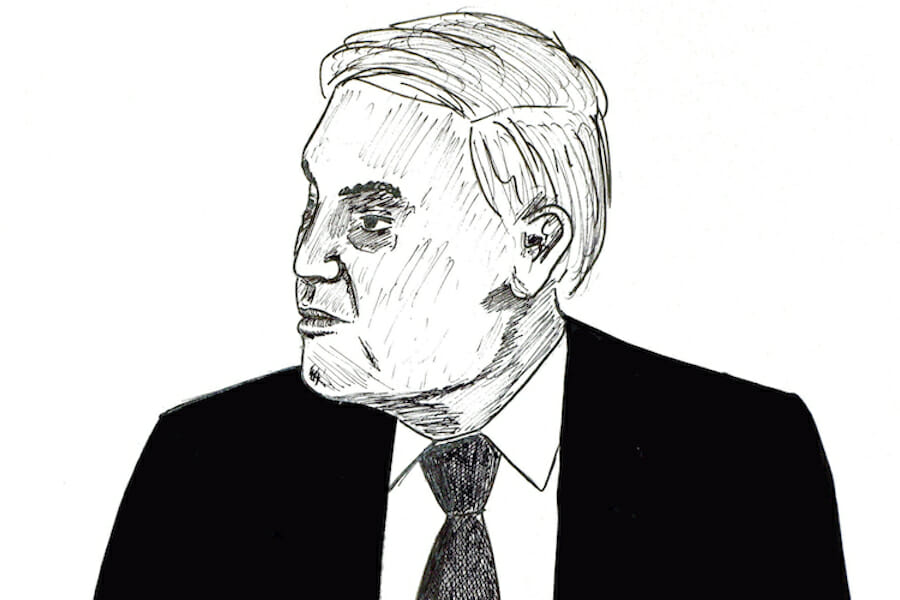
My Meeting with Richard Perle
The terrorist attacks on September 11, 2001 were the most consequential events of my childhood. The new ‘War on Terror’ was most prominently advocated by United States Chairman of the Defense Policy Board, Richard Perle. His bona fides were well established during his many years working for the U.S. Senate and his tenure as Assistant Secretary of Defense for Global Strategic Affairs for the Reagan administration. Mr. Perle granted me an interview in 2013 when I was completing doctoral studies at the University of Hull in the United Kingdom. I was thrilled to have this chance to discuss contemporary security issues in relation to the Russian Federation with the man who will forever be etched in my memory of the 9/11 aftermath.
Mr. Perle was sitting comfortably in a chair in his living room wearing a distinguished cardigan sweater. We began by discussing the various nuclear arms control treaties between the United States and the Russian Federation. Mr. Perle was critical of the ABM Treaty and the New START Treaty because according to him: “Russia is no longer a strategic threat. I believe it is not in the interests of the United States to define our defense capabilities based on our relationship with a former adversary that no longer possesses its Cold War status.” Mr. Perle continued: “I was of the opinion that the ABM Treaty was not in our best interests. I am not interested in arms control. I do not favor arms control with the UK or France either.” I found the statement to be incredibly hawkish considering that nuclear nonproliferation has been sought for the past several decades. Mr. Perle went on to explain that any agreement based on a Cold War mindset of the world stage or any agreement that inhibits arms capabilities is “outright foolish.”
The conversation inevitably transitioned to the Iraq War. Mr. Perle is severely critical of the Bush administration’s intelligence failure and reminded me that he was the chairman of a civilian board that dealt with defense issues. He was not, in fact, the Iraq War architect many characterize him as and his role was of an advisor independent of the Bush administration. Mr. Perle agreed with the Iraq War assessment written by his successor in the Department of Defense, Peter Rodman. In the account, Peter Rodman claimed that Condoleezza Rice was the principal Iraq War architect and her deputy, Stephen Hadley, was the real ‘Darth Vader’ who controlled the policy formulation, not Dick Cheney. Peter Rodman defined the Iraq War policy formulation as a bureaucratic struggle between Condoleezza Rice and the Neoconservatives (specifically Dick Cheney and Donald Rumsfeld) who felt she and Stephen Hadley were overly aggressive in controlling the process. The intelligence failure with regard to the Weapons of Mass Destruction is a common occurrence in intelligence assessments according to Mr. Perle. He also confirmed that bureaucratic infighting was to blame for the outcome and that the Neoconservatives were marginalized in the policy debate.
Mr. Perle and I ended the interview by discussing his hero, Ronald Reagan. Mr. Perle says that Ronald Reagan had an incredible mind that was fully aware of the many nuances of international security and the Oval Office has yet to be occupied with someone who has such a “well-developed philosophy.” I shook hands with Mr. Perle and was grateful for the insights of a man who once had access to the highest corridors of power in Washington, DC.

